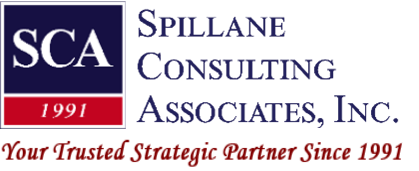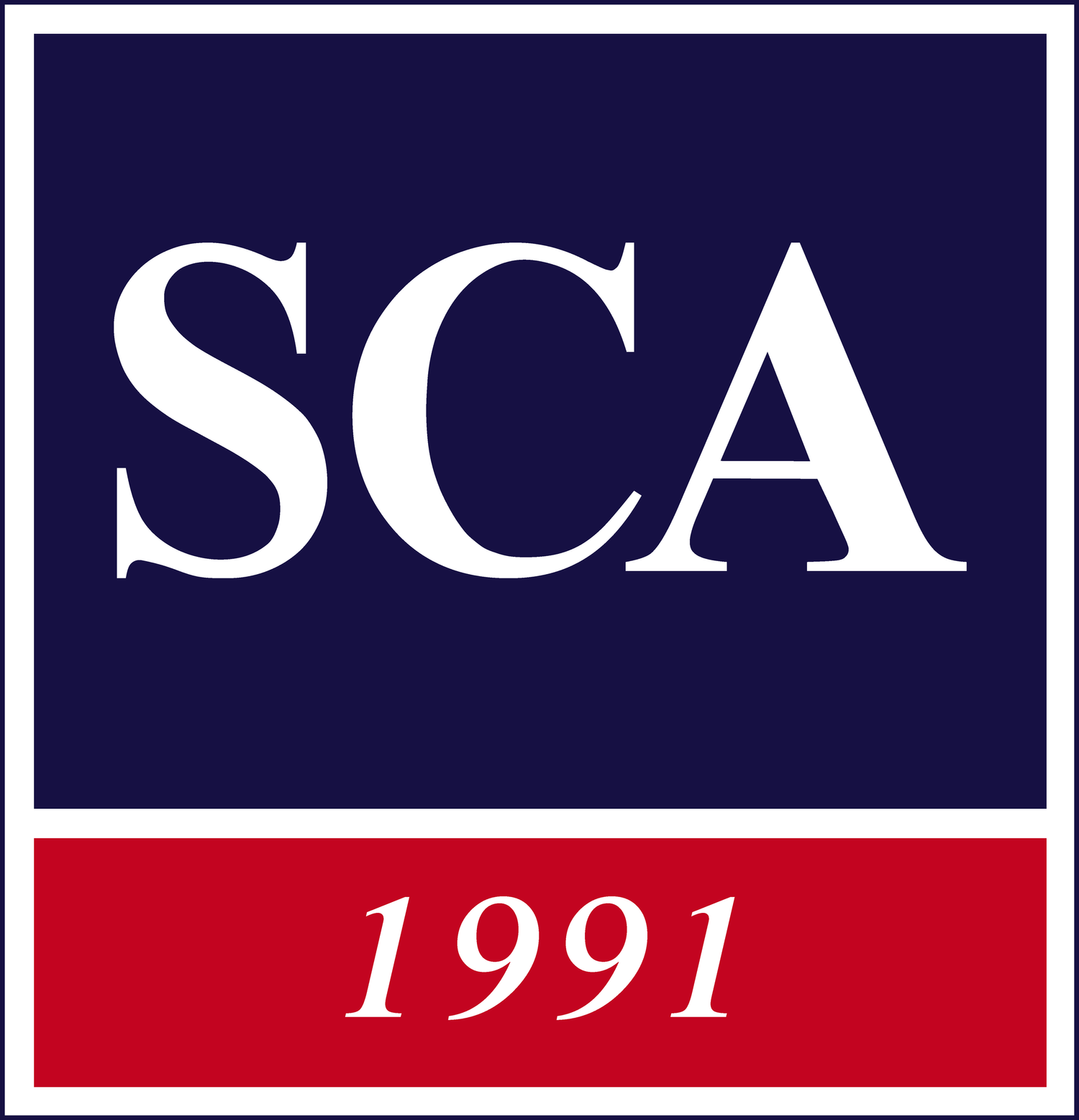SCA Speaks at April SNECG Meeting
Mortgage Industry Insight: One of the great things about SCA is the range of issues we get to see, and the wealth of knowledge we get to tap into while working with dozens of clients on a monthly basis. Today, we'll share some information about SCA's presentation to SNECG.
By Gregg Oberg:
Last week, I was honored to speak at the Southern New England Credit Grantors (SNECG) meeting, where I presented on Fair Lending topics for roughly 2.5 hours. During the presentation—titled “Fair Lending: From Advertising to Reg. Z.”—we addressed aspects of the origination process and how Fair Lending principles can be utilized to further compliance objectives.
About SNECG
The Southern New England Credit Grantors, or SNECG, formerly known as the Southeastern Massachusetts Credit Grantors (SMCG), is an organization of financial, mortgage, credit reporting, and insurance companies as well as representatives from the education and legal professions throughout New England. Their mission is to support and educate those businesses engaged in the extension of retail credit. As part of their support for education they grant Scholarships to High School or College Students in the local communities of their members.
SNECG holds membership meetings each month with Guest Speakers focused on current industry topics. These meetings provide a great opportunity for members of the credit granting community to network with each other along with many of the areas local industry professionals and stay updated on the most current topics impacting their lending decisions. Meetings are held once a month between September & May.
Fair Lending
The discussion began with a basic overview of Fair Lending prohibitions. From there, we analyzed some recent case studies, including the recent HUD/Facebook action, private lawsuits against regional lenders, and a particularly interesting Podcast by The Center for Investigative Reporting (or Reveal). Somewhat typical fare for a Fair Lending discussion.
With the basics reinforced, we spend about 30 min introducing basics of the COSO Internal Controls Framework, which served as a template of sorts for our discussion of compliance best practice principles as applicable to a Fair Lending Program.
Internal Controls Framework
While literally no compliance regime stipulates an Internal Controls framework that must be used; I apply COSO because of the agnostic nature of its design. Without making this post about COSO; the basic components of Internal Controls are outlined below:
Control Environment - A Set of Standards, Processes, and Structures Designed to Set the “Tone at the Top” in Accord with Management’s Stated Objectives
Risk Assessment - A Dynamic and Iterative Process of Assessing, Ranking, and Addressing Risks to the Organization’s Objectives
Control Activities - Actions Taken to Mitigate Risks Identified to Organizational Objectives
Information & Communication - Ongoing Process of Collecting and Analyzing Information (External or Internal) and Communicating Relevant Advice to Stakeholders
Monitoring Activities - Real Time and/or Periodic Efforts to Test Program Effectiveness.
These five broad, interrelated components make up the framework for an effective compliance program, reasonably designed to prevent and detect activities counterproductive to the objectives of management. Relevant objectives may be operational, reporting, or compliance focused.
Applying Internal Controls to Fair Lending
We spend the later half of the presentation discussing the application of COSO to the Fair Lending risks prevalent in the audience members’ business today. As I mentioned, the Internal Controls components are highly interrelated. The Tone (#1) sets the Risk Tolerance (applicable to #2). Risk Assessment (#2) and Control Activities (#3) are quite clearly interrelated; and Information & Communication (#4) and Monitoring Activities (#5) are particularly connected in the Fair Lending context where data is such a strong driver of enforcement activities.
I wish I could recap such a detailed conversation in a (reasonably) digestible format, but there’s just no way to beat the direct communication you get at an event such as this. But what I can do is leave you with one key concept that (I hope) my audience took away with them.
Spillane Consulting Associates has served the residential mortgage lending business since 1991. We have specialized in mortgage banking consulting services and provided quality control reviews, risk management and process consulting and employee training to credit unions, community banks and non-depository institutions. We are a thought leader on the strategic growth of residential mortgage lending. You can learn more by visiting our website, or scheduling a meeting with me or one of my colleagues.
SCA Compliance Hotline: Need a question answered quick?
Email: Compliance-Question@scapartnering.com
Call: (781) 356-2772
Thanks so much for reading our weekly newsletters. We're not always going to be perfect, but because we always do our best and try not to overpromise, we hope that we're always going to be trustworthy. Your calls and e-mails are very helpful - please keep contributing.
**These are our opinions. We're not authorized, or willing, to express those of others.**

